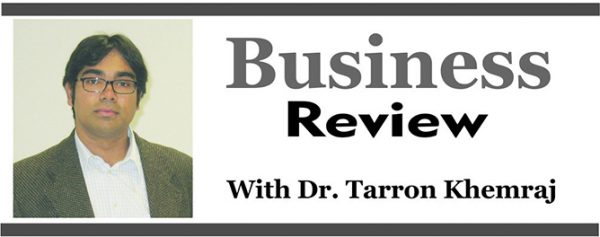
My primary argument has been that the ESDs are based on economic insecurity which impels people to take political actions and resort to stereotyping. When we look at the ESDs in this framework, we observe that the actions of each group takes into account the actions of the other – hence, we have here problems of low inter-group trust and high strategic uncertainty. There is no guilty ethnic group, just aggregate economic losers as each group does what it perceives is best for itself – thus, the classic definition of a social dilemma.
